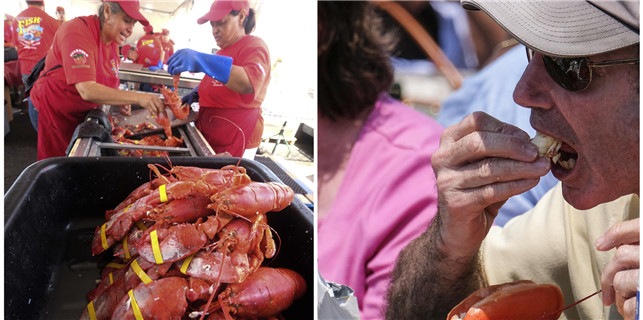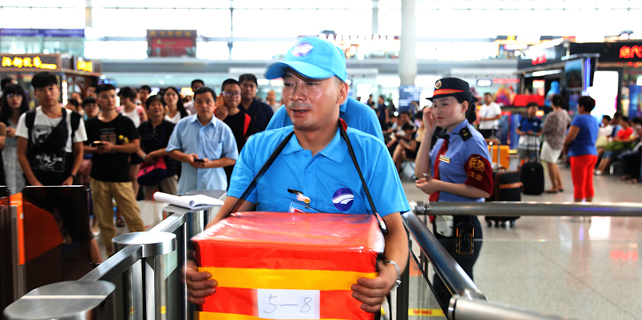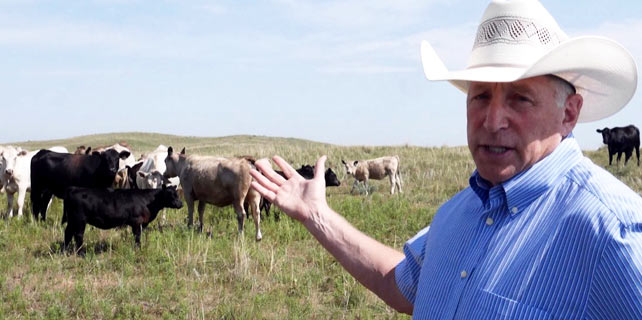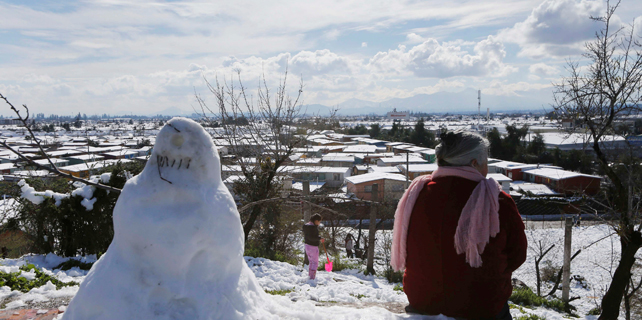Hubei's Xiantao gears up to develop into a green city
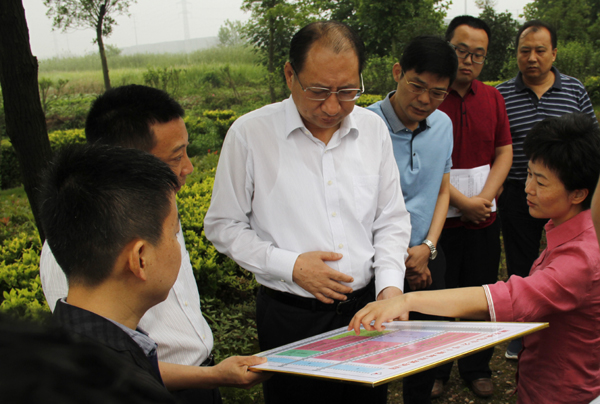 |
|
Hu Jiuming, Party secretary of Xiantao city, goes over a map showing the effective usage of idle lands in Xiantao, Central China's Hubei province, June 5, 2017. [Photo provided to chinadaily.com.cn] |
Xiantao city in Central China's Hubei province is gearing up to develop into a green city by balancing economic development and ecological protection.
According to Hu Jiuming, Party secretary of Xiantao city, this green city will be surrounded by clear water.
"We would rather slow down economic development than pollute the environment. We would rather have less tax revenue than keep companies that do harm to the environment. We would rather offend irresponsible bosses than say sorry to the people," he said.
Hu explained that Xiantao was at a turning point of transformation and the traditional development mode heavily relying on resources was not sustainable.
Planting is important for the government to develop a green city as over two-thirds of the population of 1.55 million in Xiantao are farmers and only 60 square kilometers of a total area of 2,538 square kilometers are urban areas.
Thanks to the discovery that this region is rich in selenium, one of the 14 essential trace elements that are good for human health, the agricultural products grown in Xiantao have more added value.
"Unlike Enshi, another Hubei city famous for richness in selenium, Xiantao's uniqueness is that the selenium is in soil, not mineral deposits. This makes the construction of a Xiantao Se-enriched agricultural capital a new name card for Xiantao's green development," said Dai Xianbo, deputy secretary-general of the Xiantao Municipal Committee and director of the agricultural office.
In addition to cooperating with the China food giant China Oils and Foodstuffs Corporation (COFCO) to plant se-enriched rice, Xiantao has also developed diversified agricultural plants, such as bean, oryza and broccoli, and eel from Xiantao is very popular in the national aquatic market, said Cheng Guohua, director of the Xiantao Se-enriched Industry Development Office.
"Se-enriched rice and eel are two famous brands from Xiantao that local people are proud of. We have established an eco-friendly recycling system by raising rice and eel together, as we always put eco-system protection ahead of economic development," Cheng said.
Rice and eel co-raising can use natural resources more efficiently because the stool of the eel can provide nourishment for the rice and the rice planted using organic methods can provide eels a good living environment, said Tong Guobing, leader of the Hong Yuanze Aquaculture Cooperative.
Things didn't always go smoothly during the process of developing a sustainable economic mode, especially when the city wanted to re-launch a power generation project to turn household waste into energy and build a circular economy industrial park, according to Hu.
"In June last year, the power generation project turning living waste into energy was forced to stop due to rejection by some local citizens. To eliminate their concern, we sent about 1,516 representatives from different walks of life to learn about the benefit of the project in Jiangsu, Guangzhou and Zhejiang provinces," Hu said.
Currently, about 99 percent of the people support this project and the project was re-launched on May 3. Hu emphasized the importance of people's support to build a green Xiantao.
Xiantao also has made great efforts to promote a healthy and low-carbon emission style of living among its citizens, such as building Eco Sports City, buying 120 new energy buses and establishing a citywide public bicycle system, according to Hu.




